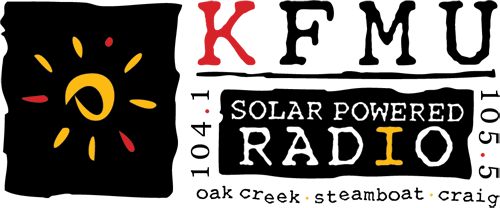
Earlier this month, Sofar Sounds, a startup that stages around 10,000 intimate concerts a year across 400 cities, had no choice but to suspend all its shows due to the coronavirus pandemic — a decision that immediately impacted more than 2,000 artists in six continents. The company is now moving forward with a plan to pay those artists for the gigs they lost out on.
On Wednesday morning, Sofar Sounds said it will pay artists for canceled gigs and work to reschedule them, as well as introduce a Global Artist Fund with an initial goal of $250,000, joining a number of other other music companies pledging money toward live-music relief. In a statement, Sofar noted that it is also launching online “listening rooms,” which will feature livestreaming performances, video premieres, and conversations with musicians around the world, as well as creating a global and local resource directory for its community of musicians. In the coming weeks, Sofar’s artists can expect a rollout of online meetup opportunities, webinars, and educational sessions in partnership with Berklee College of Music. These developments are aimed at giving artists a much-needed sense of community.
“Our whole focus right now is in how we can support artists and give them a broader stage to engage with an audience and with each other,” CEO Jim Lucchese tells Rolling Stone, in response to questions about how the team will monetize the new projects, now that Sofar is not able to sell tickets to live shows.
Although Sofar’s business model has sparked controversy in the past — naysayers have scolded the company for paying its artists low rates while raising millions from investors — the startup benefits a group of people who have been hit uniquely hard by the current health crisis: fledgling new artists. These new artists, who are paid between $100 and $150 by Sofar to perform, aren’t to be confused with actively working, independent artists. Many have just started out on their career path, and they’re green and unknown. Under COVID-19’s black cloud, concert cancellations are the new normal — affecting everyone from Coachella and SXSW to Pearl Jam, Madonna, and BTS — but unlike the pros, just-starting-out artists have no one to call.
In normal times not marked by pandemic, Sofar Sound events give newcomers a chance to wet their feet, develop stage presence, and promote any upcoming “official” shows they may have booked, since few commercial venues are in the business of booking shows for small audiences. (A Sofar event usually accommodates a crowd of 60-100 and takes place in an atypical location — like an office space or gallery.) Sofar also takes on the responsibility of drawing the crowd, which means artists won’t get stuck playing songs for their mom’s book club who’d normally show up to prevent them from playing to an empty room. Due to the three-act bill and a reputation of providing an “engaged listening experience,” artists also meet one another and expand their networks.
“It creates a sense of community not only in this listening room that we’ve created, but also in the online education and support programs where we can connect those artists with a pretty steady stream of stuff from the educational to the legal side of things,” Lucchese says. “That also happens in just talking to other musicians and hearing from other artists. Bringing that community closer together in different ways — because we obviously can’t do it in real life the same way we did before — is what this is about.”
Lucchese, who founded Spotify’s Creator program before coming to Sofar a year ago, is a musician himself and his next gig, which was scheduled for Thursday night, also had to be canceled due to the coronavirus crisis. “Seventy-five percent of the people who work here [at Sofar] are musicians,” he says. “It’s a platform that’s been created over 10 years by musicians for musicians. If you look at what we’ve been doing over the last several months — from the team that we built to the new Artist Dashboard and resources that we launched months ago — this is a continuation of that work.”
New features like Wednesday’s just-announced projects are put together with Sofar’s artist base in mind, Lucchese says, and they are not merely day-long or week-long interests: “We’re going to continue to do it for the rest of Sofar.”
